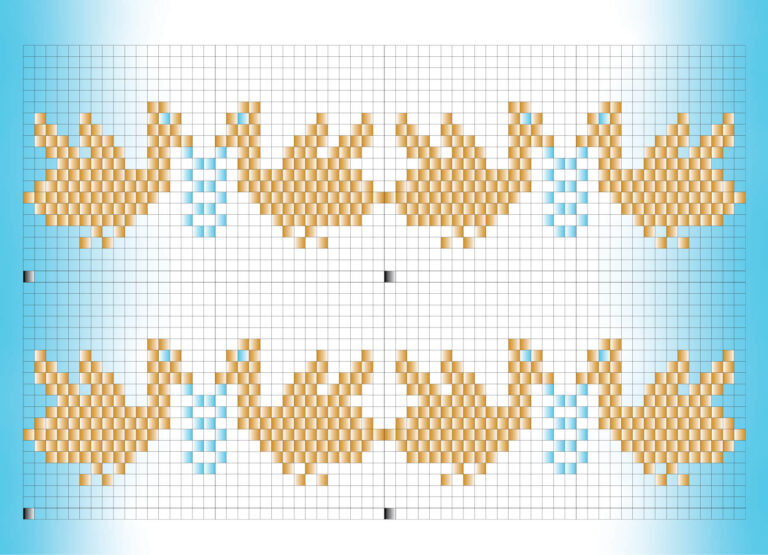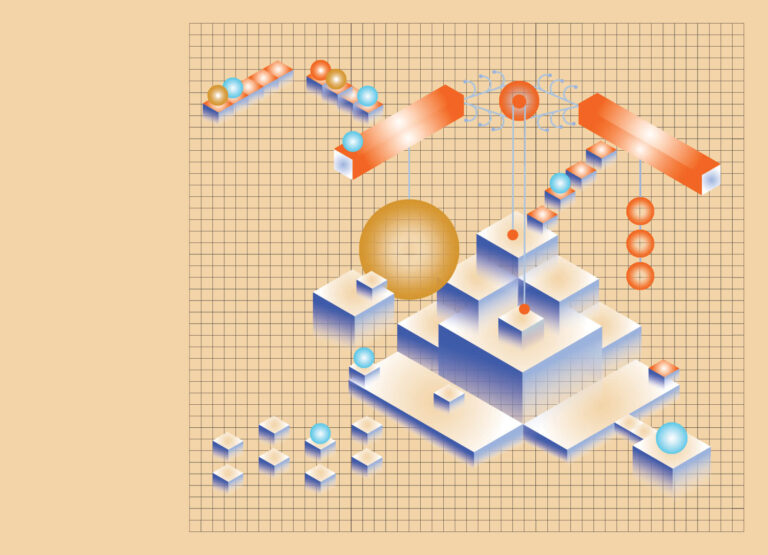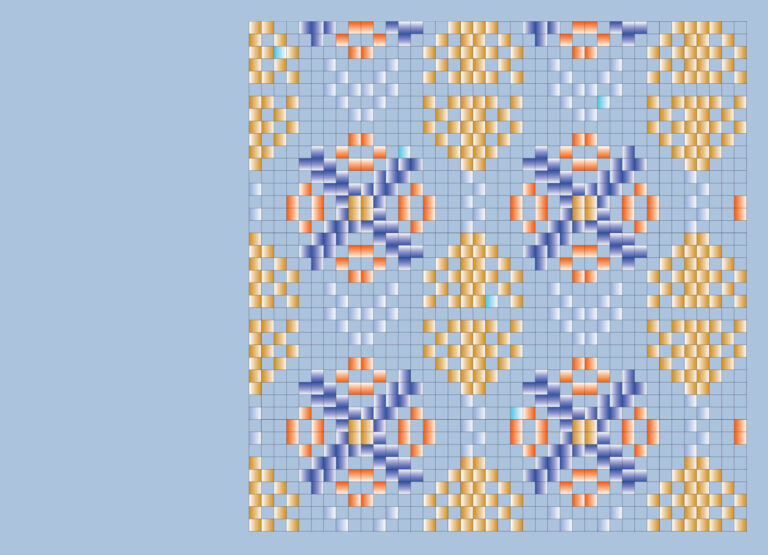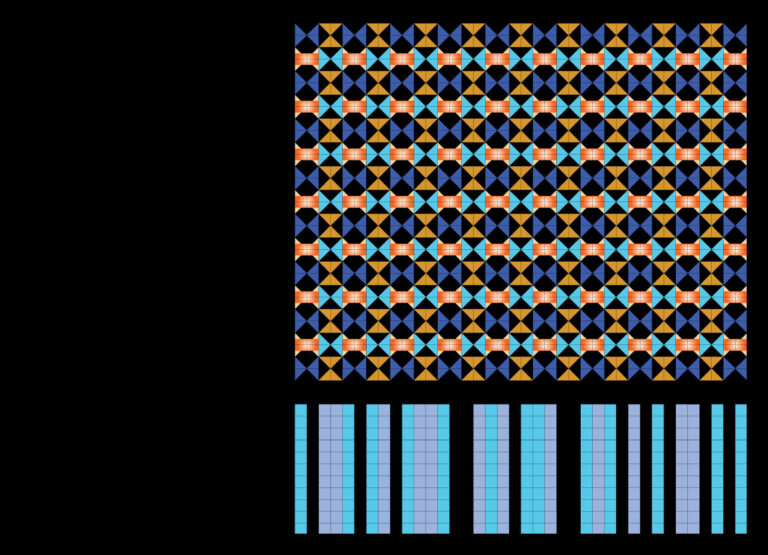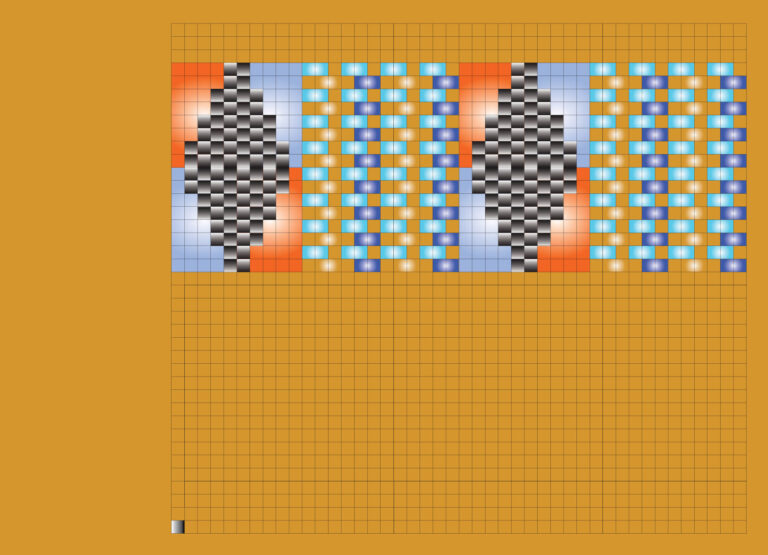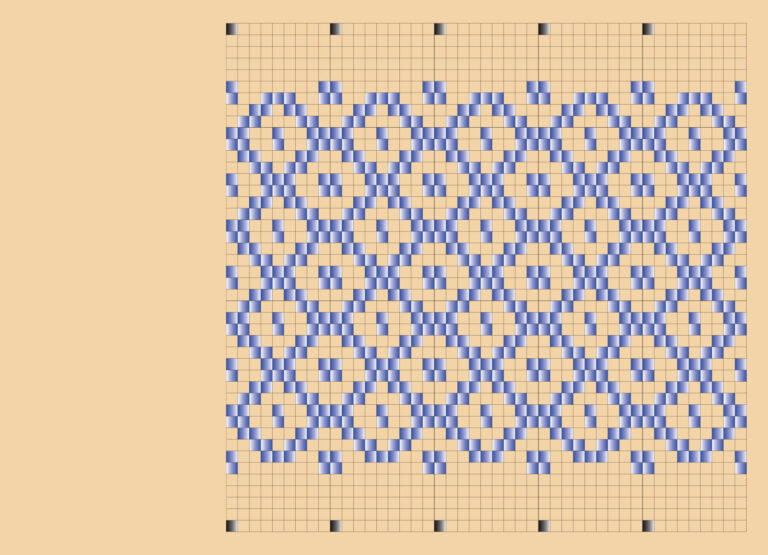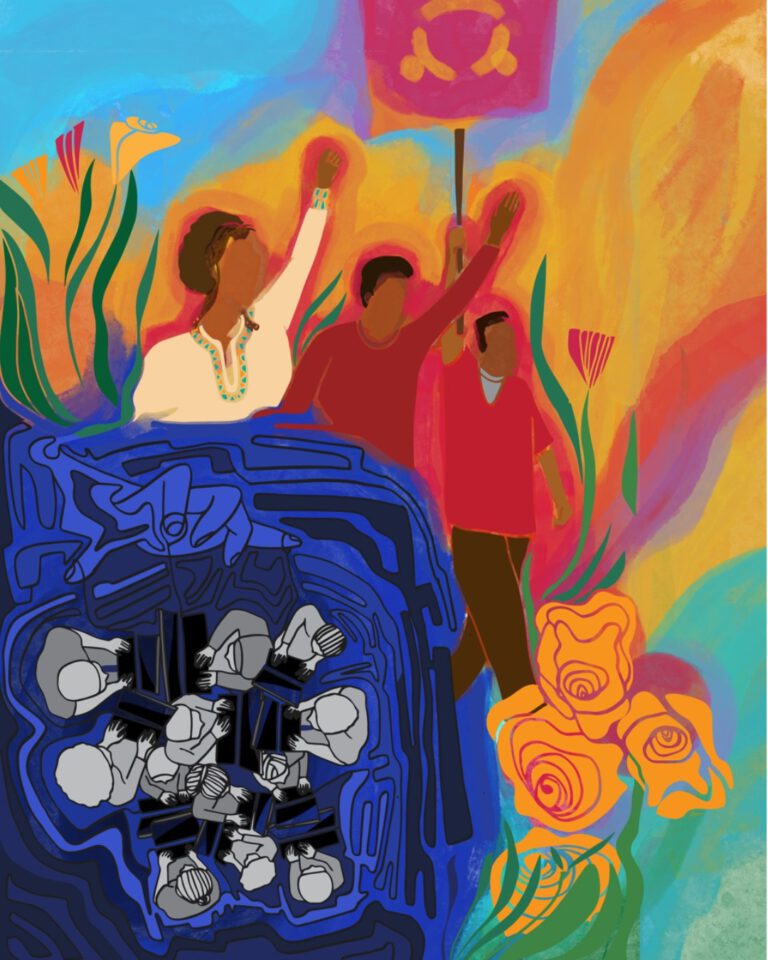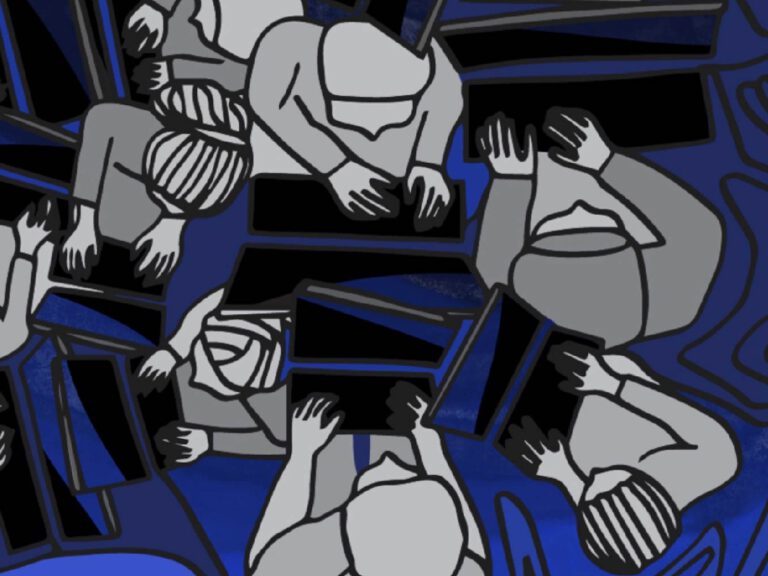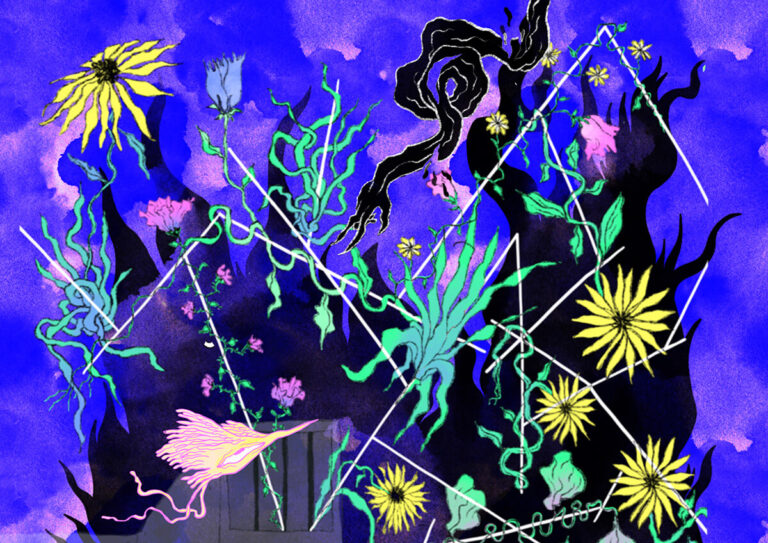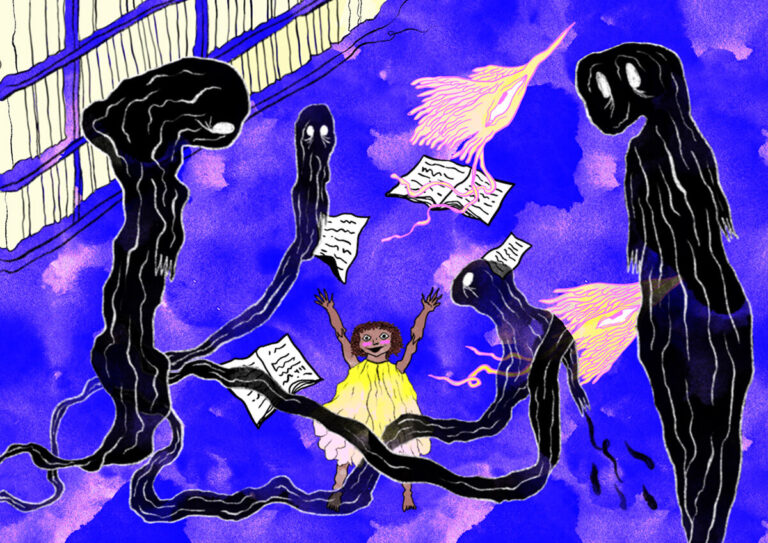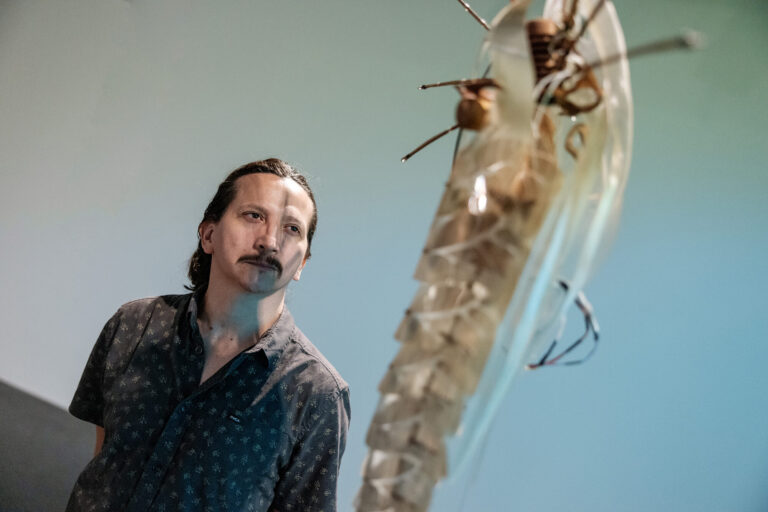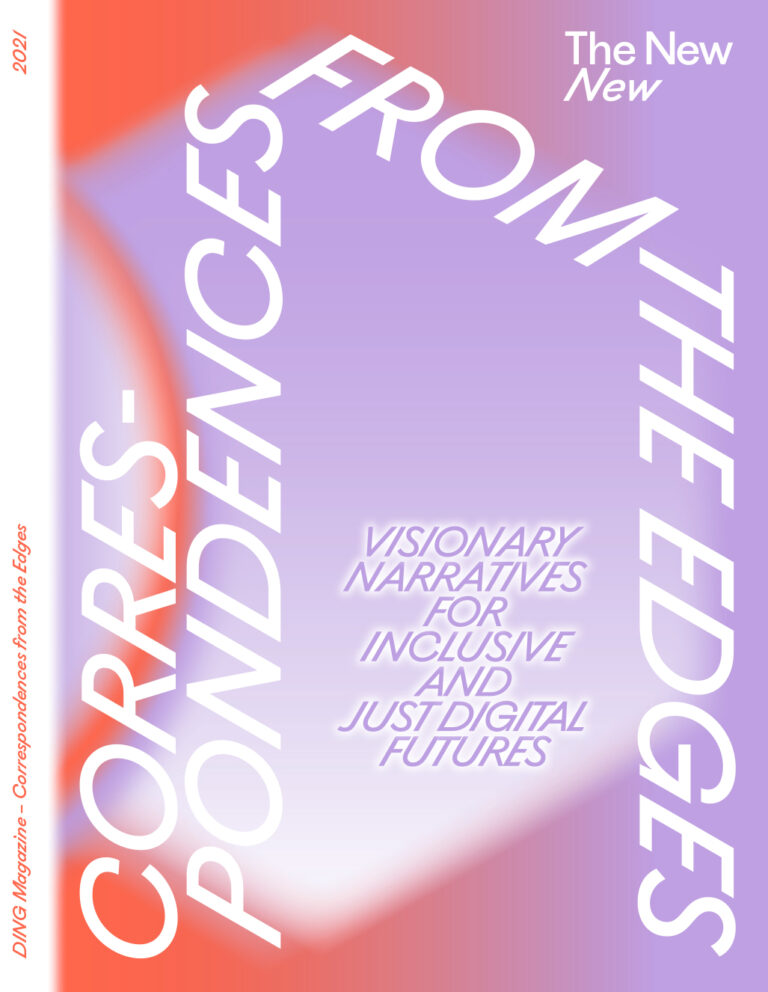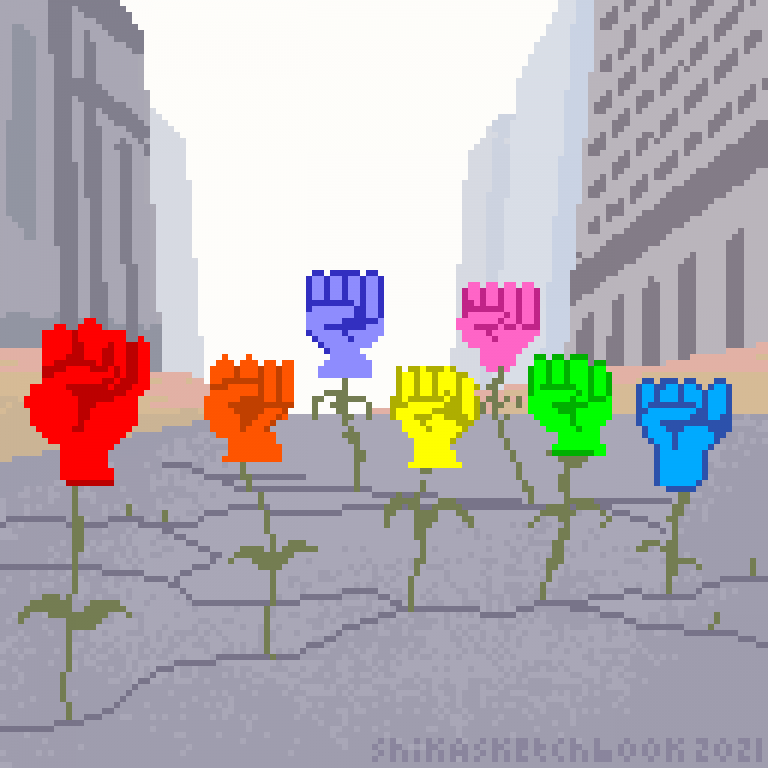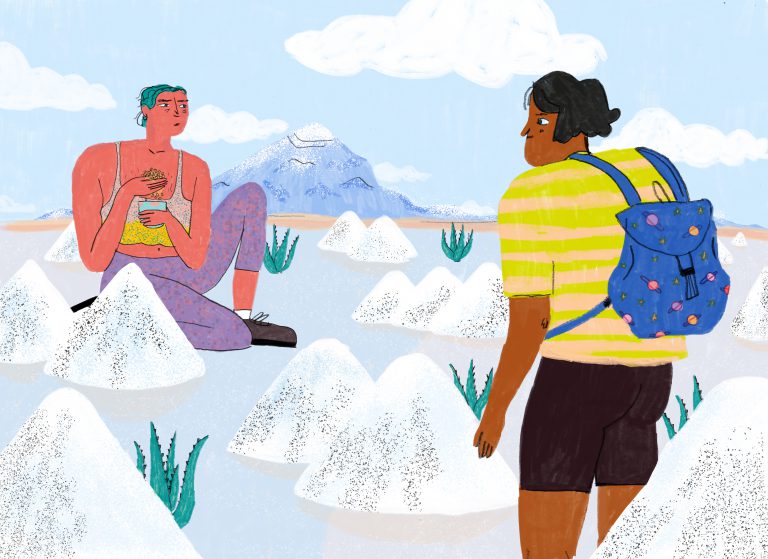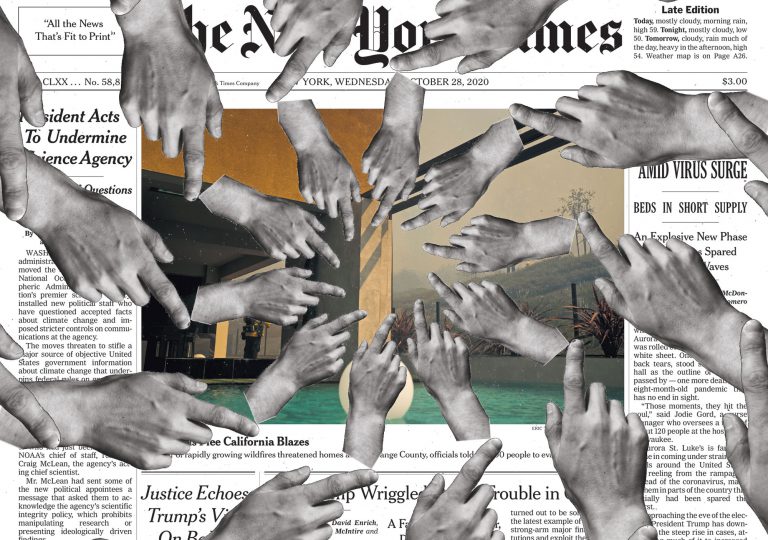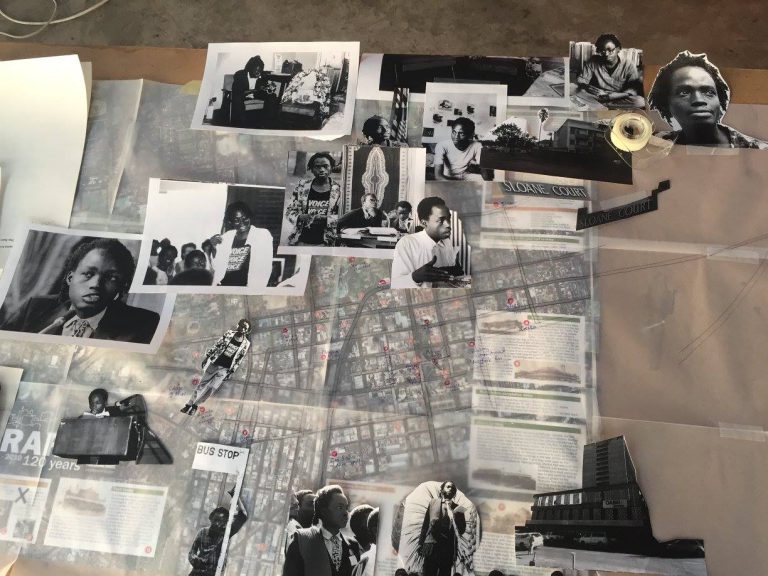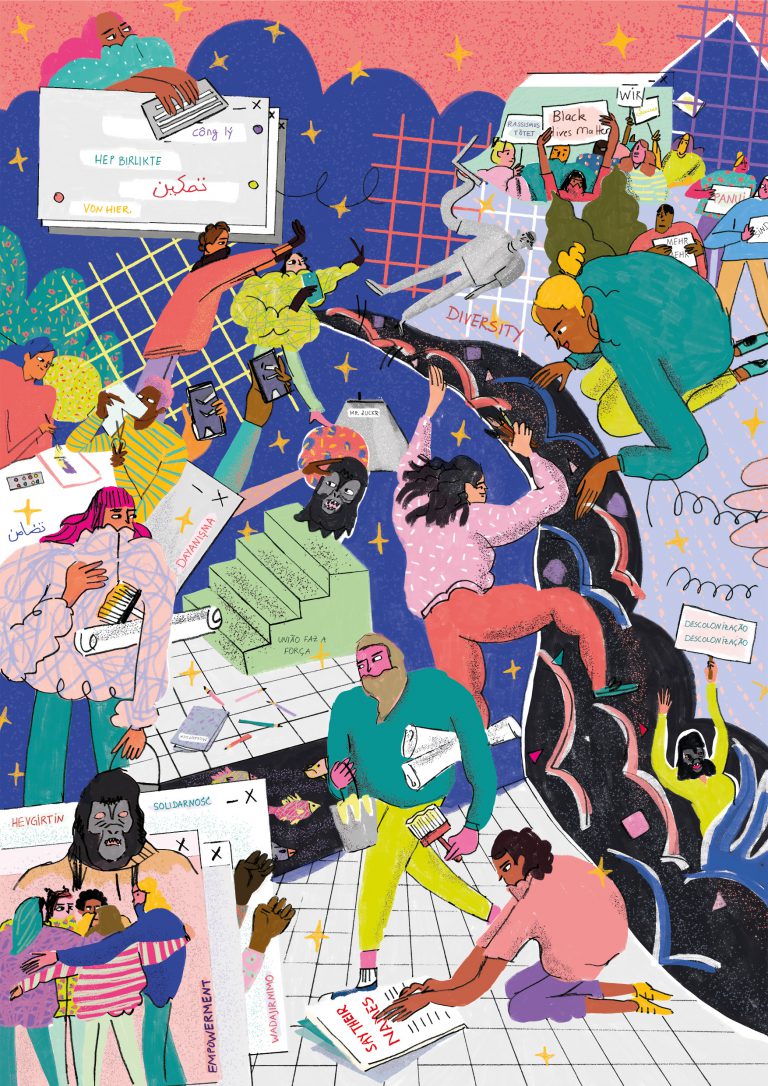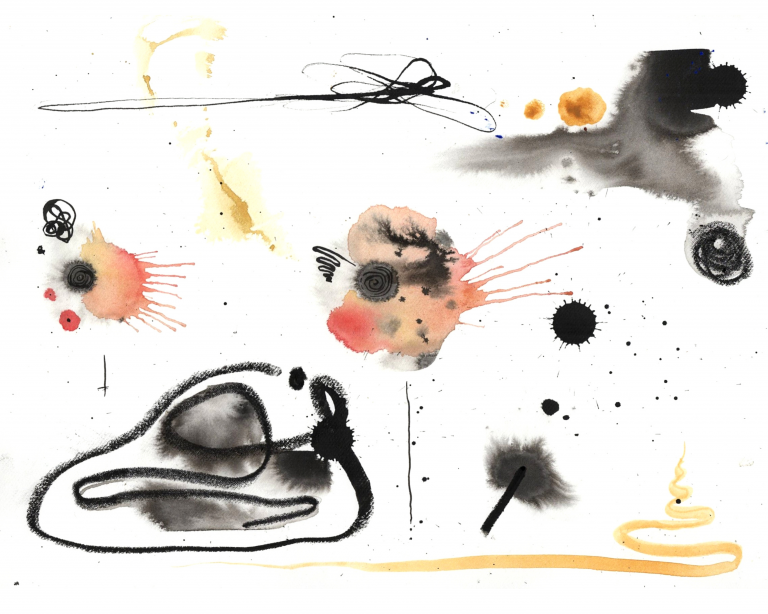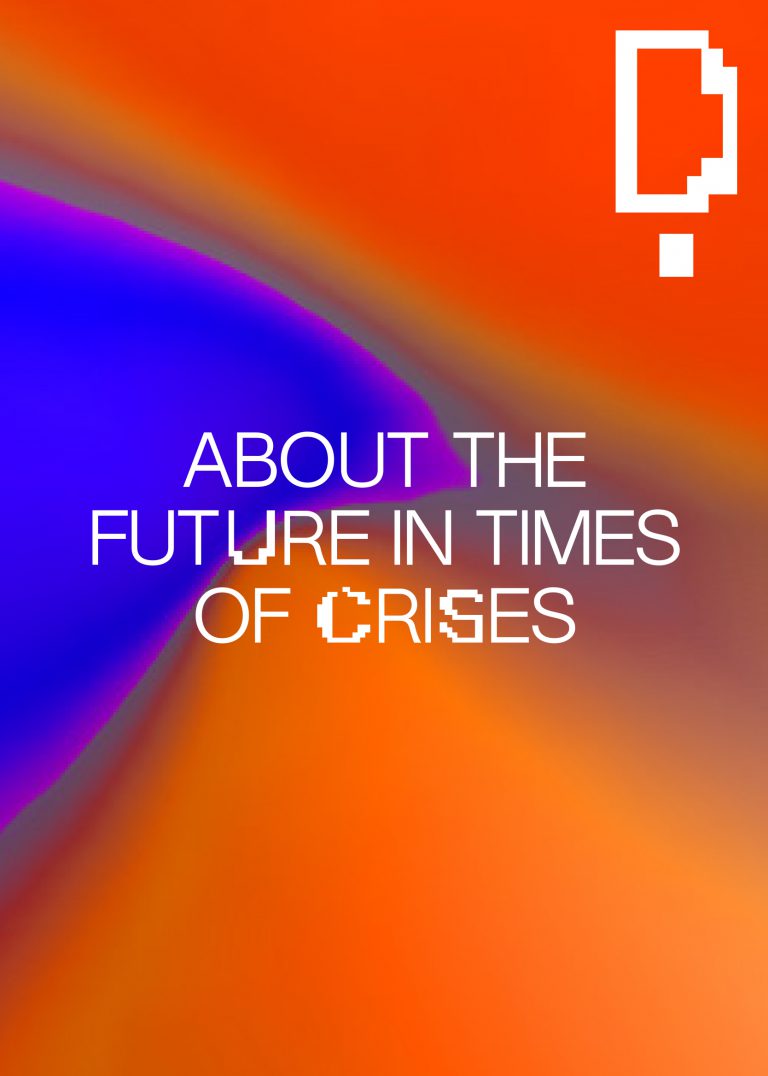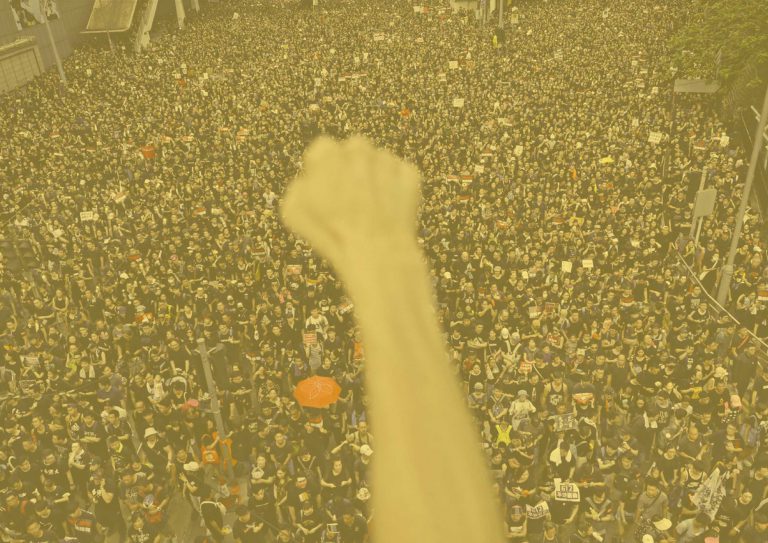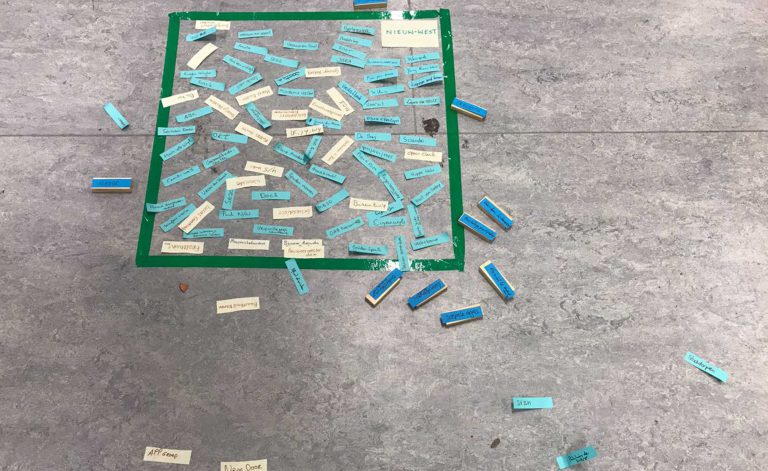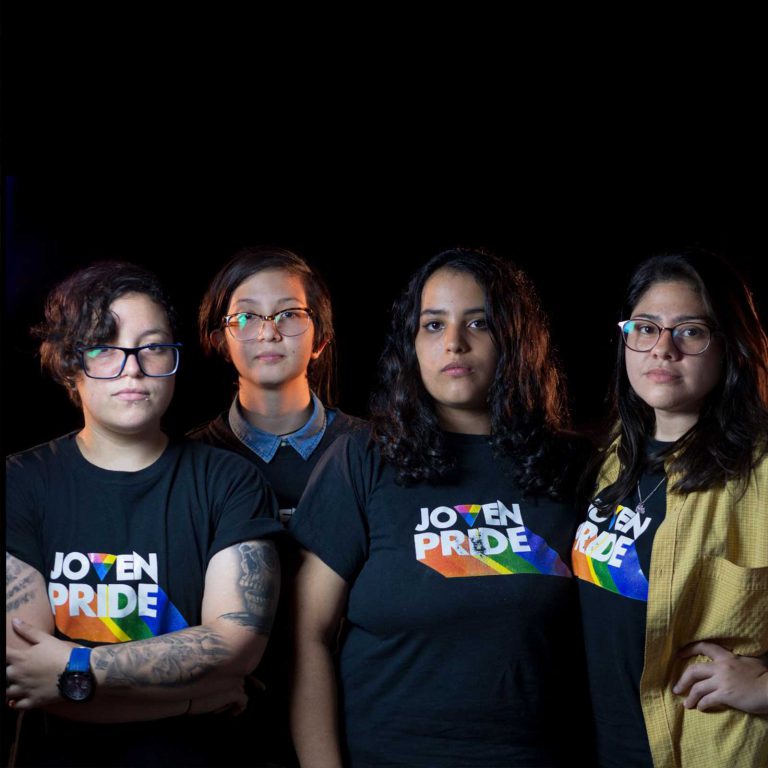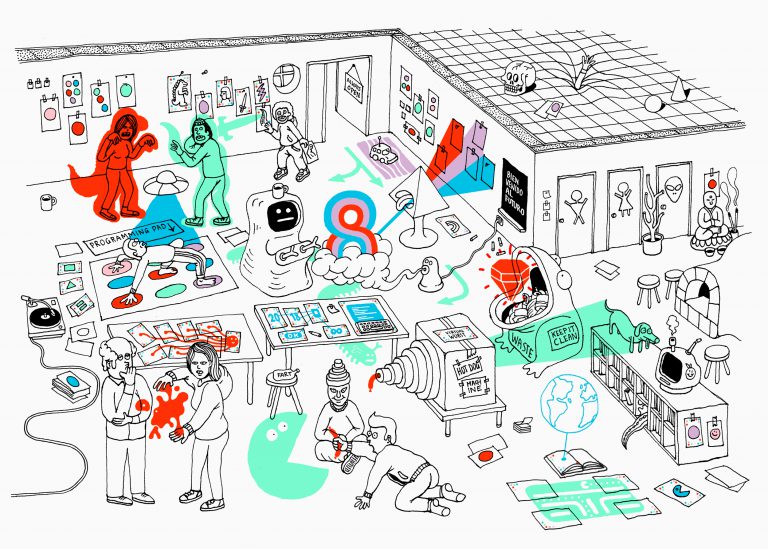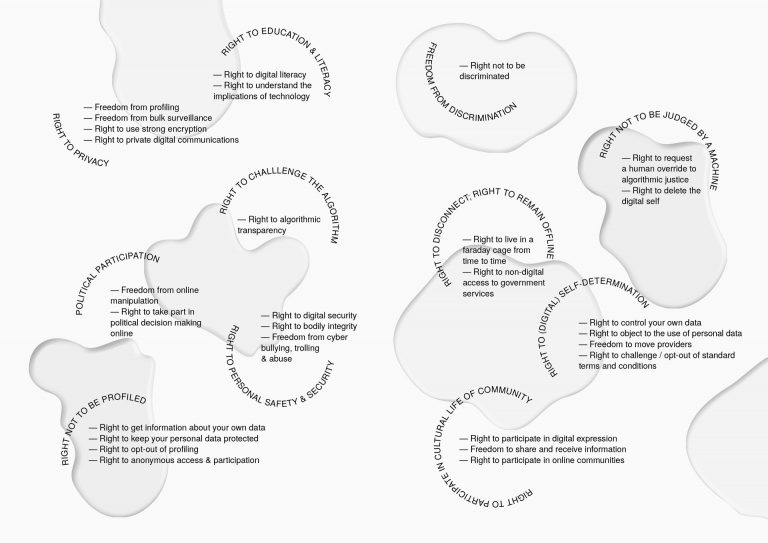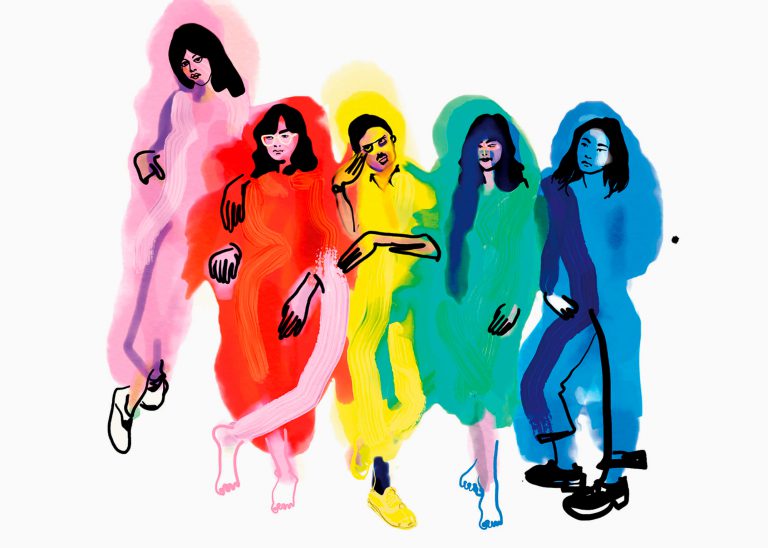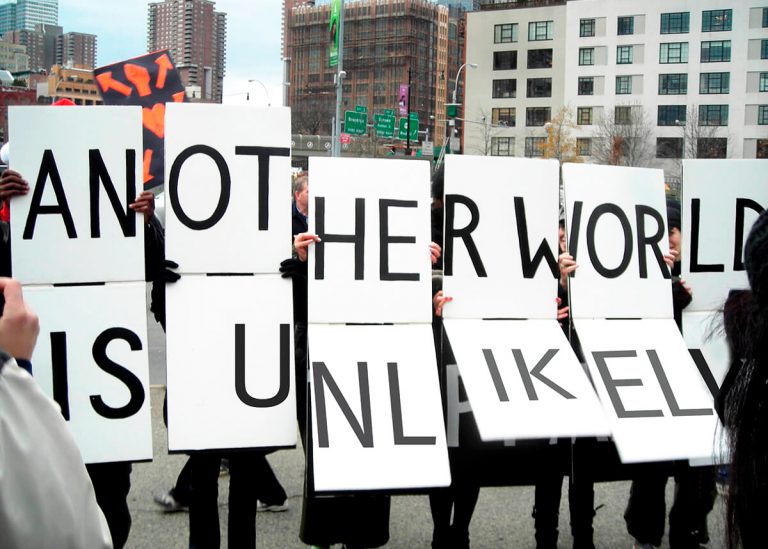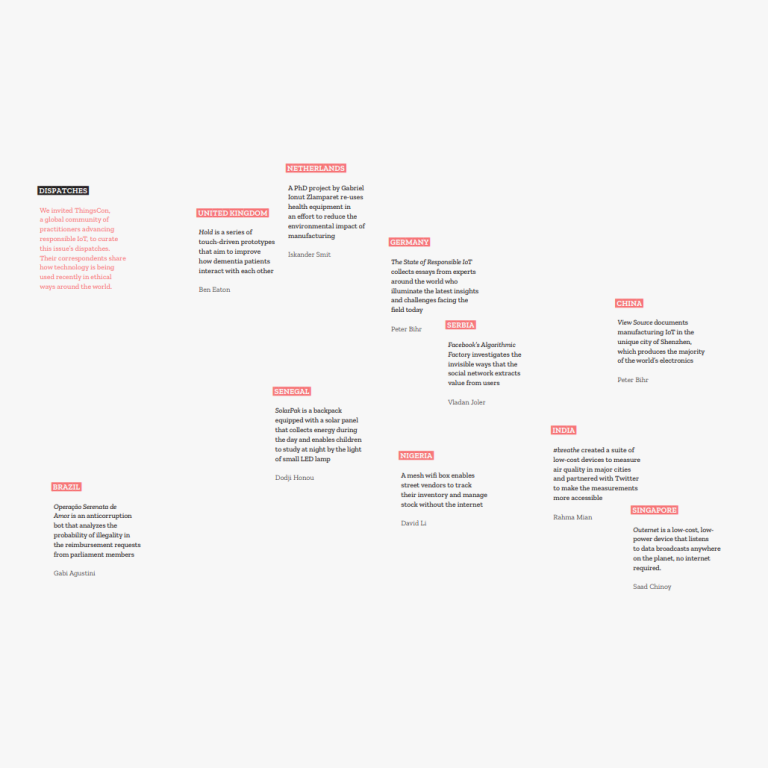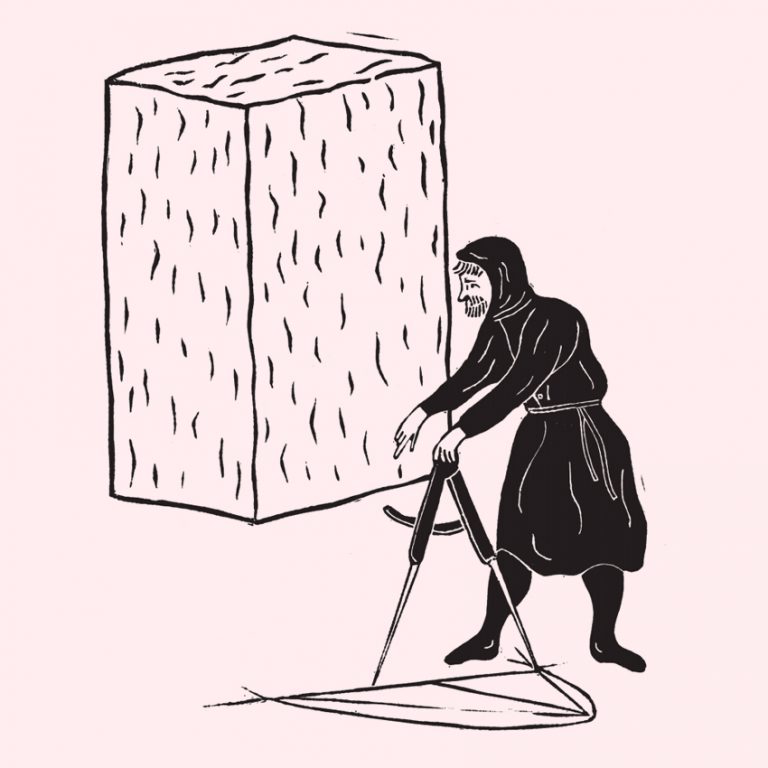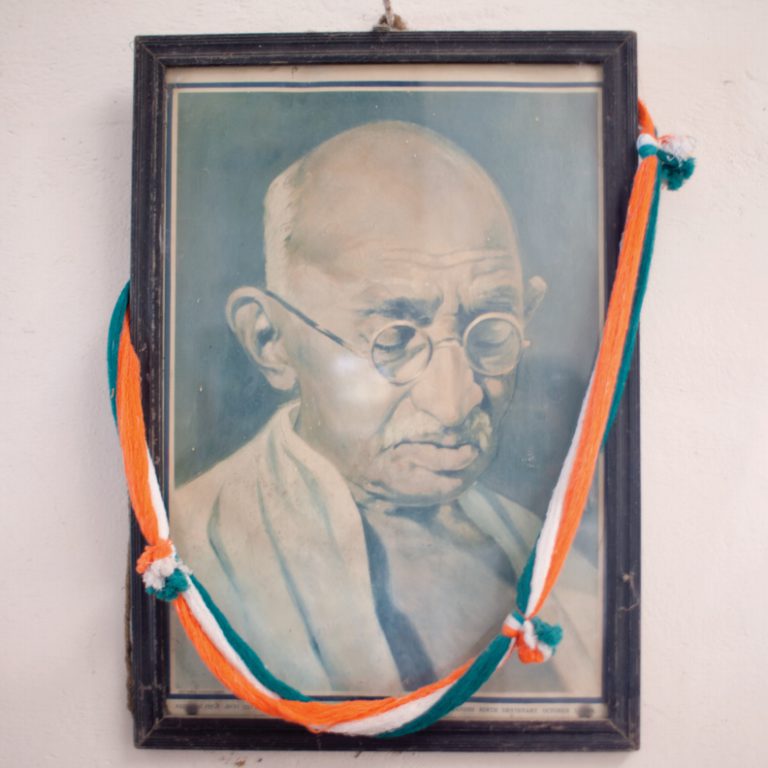
Pirate Care organisers Valeria Graziano, Marcell Mars and Tomislav Medak introduce us to their collective syllabus, in which technology and digital resources are used for solidarity and rapport. To paraphrase Douglas Rushkoff, they reclaim digital space for breathing and acting together.
Once the second wave struck, the lessons of the spring were quickly forgotten. In particular, the lesson that societies fundamentally depend on forms of work that, in the words of the late David Graeber, we enact upon each other, making us the “projects of mutual creation”.¹ While only half a year ago the labour performed by workers in health and elderly care, in cleaning and on farms, in transport and education was dubbed “essential” and heroised by the public, now it has again become largely invisible, as devalued and precarious as it was before the pandemic. As these low-paid “sacrificial” workers—working-class people, overwhelmingly women, migrants and people of colour—could not afford to lose their income, their communities were impacted the hardest by the pandemic. In the existing systems of care provision, those who provide care can least expect to receive adequate care in return—a situation that has only become more entrenched over the course of the pandemic.
What emerges is a scenario in which care is weaponised, justifying the diversion of public resources away from maintaining, repairing and strengthening existing public infrastructures and towards the major players of “platform capitalism”. The telehealth, remote learning and broadband services pitched to politicians by the elder statesmen of Silicon Valley are securing large sums of public money, with little public scrutiny.²
The Deliveroos, Ubers and Amazons of this world are making a killing off the back of those who have no choice but to work for the relative comfort of those who are fortunate enough to work in isolation, from home. The deepening separation between those two positions, operationalised through networked capital, is further fragmenting the working classes, foregrounding the subordination of lives to profit and impairing capacity to contest a thriving techno-capitalist oligarchy.
In 2019 we met with fifteen other practitioners in Rijeka, Croatia, to write a Pirate Care Syllabus⁶, covering topics which included solidarity with migrants, housing struggles, commoning child-care, peer-to-peer health and psychological support, organising against racialised policing, hormones and body sovereignty, and how to politicise piracy. Our plan for this year was to organise a transnational meeting to collectively learn from these practices. But in March we suspended our work on the syllabus to document the proliferation of self-organised initiatives emerging in response to the pandemic, which we saw as an emergent grassroots “infrastructure of care”.
The result of our collective note-taking—Flatten the Curve, Grow the Care: What Are We Learning from Covid-19 ⁷—has been accessed and used by mutual aid initiatives across the world. The documents, which covered subjects such as how to support people in isolation and how to organise solidarity kitchens, resonated beyond our circles, and were quickly translated into Italian, German, Spanish and Croatian.
We are developing a radical pedagogy to support social justice initiatives in writing online syllabi of their own, in a technological framework—moreover—that would allow the syllabi, as well as the accompanying collections of texts and resources, to be collectively created, repurposed by other activist groups, and preserved independently from large digital platforms.
A syllabus in our framework, Sandpoints, is built from plaintext documents that are written in Markdown,⁸ a simple, human-readable markup syntax. Markdown documents are kept on a git version control system⁹ that allows collaborative writing and easy forking to create new versions out of the existing syllabi. From there they are rendered into a static HTML website, which doesn’t require a resource-intensive and easily-breakable database system. A syllabus is integrated with a collection of books, articles and documents catalogued and maintained in the Memory of the World software. Both syllabus and collection can be easily transferred to a USB thumb-drive or a server. The syllabus and the catalogue can be built to suit the needs of different processes of collective learning. The Machine Listening Curriculum is a striking example.¹⁰
We see the techno-politics of our endeavour as distinct from two dominant perspectives on the politics of digital networks. The first starts from the assumption that through the control of communication infrastructure, dataveillance and surveillance, we are all now caught in the dragnet of algorithmic governance controlled by commercial operators and the surveillance state. Our only recourse is to the tech-savvy hackers brave enough to blow the lid on a world controlled by the military-industrial complex and commodified communication networks—the Assanges, Snowdens and Mannings. Against this hegemonic perspective, we understand digital technologies as a means for transforming economic relations and the societal distribution of resources. A politics of resources which starts from piracy is—unlike hacking—the practice of disobedience for the masses and a great equaliser in a digital world marked by growing economic unevenness.
The second dominant perspective starts with the assumption that information wants to be free, regardless of the fact that access is facilitated by privately-run digital platforms. Yet, simply having access to information, culture and knowledge is not enough. The question is, on whose terms? It can’t be the platforms’, as that risks shredding the web of societal interdependence that defines care, rendering it disposable. We need to see digital resources as occasions for building mutualism, collective learning and radical pedagogies on the terms of those who are invisible, vulnerable and discriminated against.
In the long present of the pandemic, the mutual aid efforts that we have documented are still necessary but the social inequalities they address are being eclipsed by expectations that everything will quickly reset to normal. As if the “crisis of care” wasn’t there before, as if “normal” wasn’t already a living hell for many, as if the ecological crisis isn’t likely to generate further disasters in the near future and affect many more millions of people.
We believe the capacity of societies to deal in the coming years with the fallout of the present situation will depend on our collective ability to organise swiftly, learn from others and change the societal provision of care—to begin the lasting project of social and ecological care at all levels.
2. Screen New Deal, by Naomi Klein in The Intercept, 8 May 2020.
3. https://pirate.care/
4. For example, Hartz IV in Germany or Help to Work in the UK (now ended)—schemes in which benefits are made conditional upon recipients’ efforts to increase their employability, find employment or do free work. Such policies push recipients who struggle to compete in the labour market into greater insecurity and contribute to the cheapening of labour
5. Contraindications of Capital and Care by Nancy Fraser in The New Left Review, July/August 2016
6. https://syllabus.pirate.care/
7. https://syllabus.pirate.care/topic/coronanotes/
8. https://en.wikipedia.org/wiki/Markdown
9. https://en.wikipedia.org/wiki/Git/
10. https://machinelistening.exposed/curriculum/

